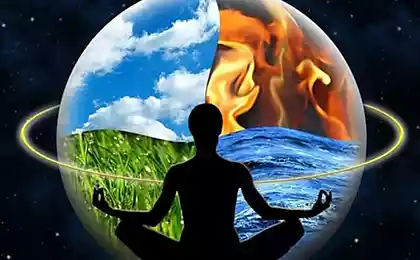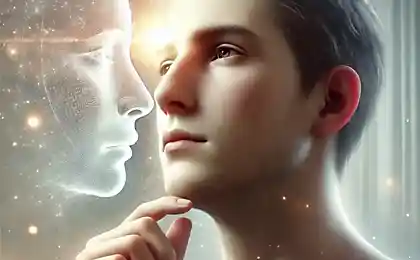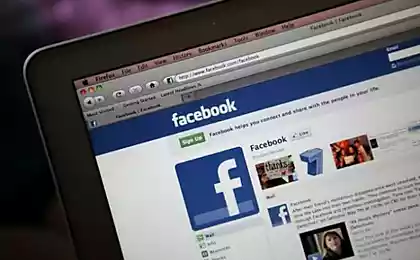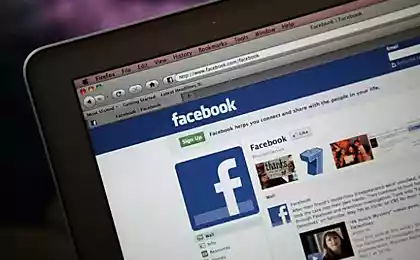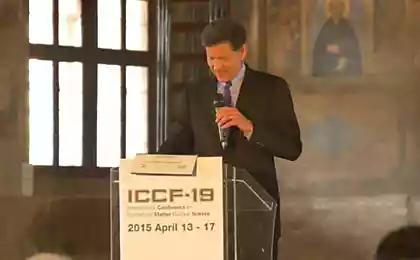1117
His inner feeling we believe more than a mirror
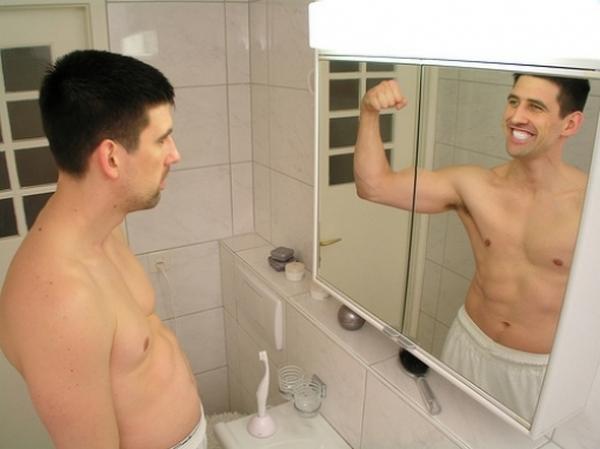
Richard Cook of the University College London (UK) and his colleagues concluded that for reading information from their own and others' faces entities we use different methods, but grimaces and gestures have the same (or very similar).
Researchers recruited several pairs of friends, asked each joke and recorded facial expressions. They are then projected on the avatars, that is on the computer were painted faces, move as moving subjects at the time of the person uttering jokes.
Six months later, the volunteers showed avatars and asked to identify who they belong: to themselves, a friend or a complete stranger. Participants in the experiment is very good at guessing their facial expressions, but hard to distinguish friends and strangers.
Then the scientists demonstrated avatars in a distorted form, they moved or are slow or uneven, ie rhythm was broken facial expressions. This greatly complicated the task of identifying your own avatars.
Mr. Cooke believes that we receive information about your body from a variety of sources, and quite unconsciously. For example, we hear the sound of footsteps and feel that we are moving. There are many ways to learn the rhythmic structure of their actions, and to the rhythm of others, we do not have access, so relying solely on visual perception. And it is, alas, brings.
By the way, experts have long tormented by the question of why some people tend to believe some internal sensation than reflection in the mirror. Why, for example, anoreksichka convinced that she was "fat cow"? Probably, British scientists have come close to solving: we do not always perceive their rhythms correctly.
The study is published in the journal Proceedings of the Royal Society B: Biological Sciences.
Stock markets ruled by emotions rather than facts.
Mental decline in old age turned out to be the property of the human body, which is not observed among chimpanzees.





